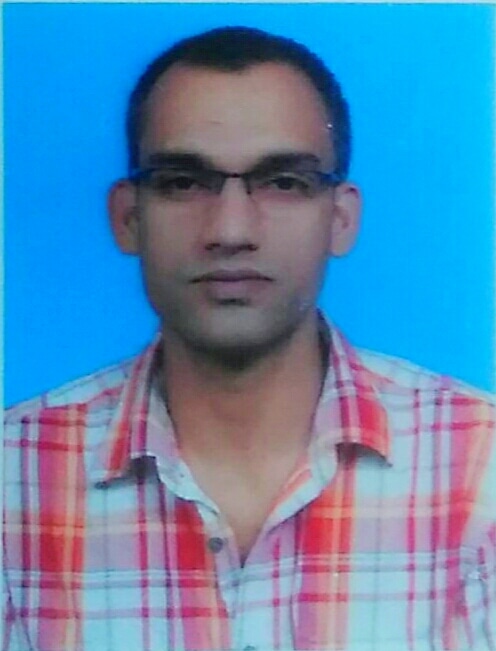Sudden Heart Attacks: Do you know men, women have different pre-cardiac arrest warning signs

Sudden Heart Attacks: Do you know men, women have different pre-cardiac arrest warning signs
New York
As sudden heart attacks are becoming a global health concern for having a 90 percent mortality rate, a study published in The Lancet Journal has listed different warning signs for men and women to help save a person’s life.
The study is aimed at assisting near and dear ones or bystanders in identifying pre-cardiac arrest symptoms to reduce mortality in society by taking timely actions.
In fact, noted singers as Costa Titch from South Africa, Juan Carlos Formell from Cuba, Michael Benjamin from Haiti, KK and Edava Basheer from India died during their live performances in recent years.
As per the study, chest pain is a major warning sign for men that they may have a heart attack.
The other symptoms which were found in lesser numbers in men are dyspnea (shortness of breath), and diaphoresis (excessive sweating).
In women, shortness of breath or dyspnea was found to be the only warning sign before a cardiac arrest.
The scientists have conducted a case-control study from two US community-based studies data in California state.
These studies were the Ventura Prediction of Sudden Death in Multi-Ethnic Communities (PRESTO) and the Oregon Sudden Unexpected Death Study (SUDS).
The cardiac arrest patients (aged 18-85 years) were obtained from emergency medical services reports between Feb 1, 2015 and Jan 31, 2021.
These emergency services report data had an inclusion symptom, the study states.
“Digital technology and the use of features identified in patients with pre-arrest symptoms could facilitate further investigation to reduce mortality from imminent sudden cardiac arrest.
For example, a smartphone algorithm developed using a combination of established high-risk symptoms could assist an individual or bystander in deciding whether symptoms require immediate medical attention by emergency first responders,” the study adds.
The study was conducted by Kyndaron Reinier, Bernadine Dizon, Harpriya Chugh, Ziana Bhanji, Madison Seifer, Arayik Sargsyan, Audrey Uy-Evanado, Faye L Norby, Kotoka Nakamura, Katy Hadduck, Daniel Shepherd, Tristan Grogan, Prof David Elashoff, Prof Jonathan Jui, Angelo Salvucci and Sumeet S Chugh.









